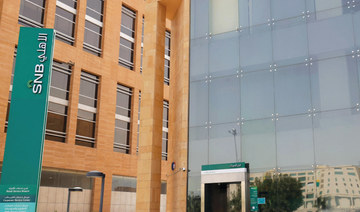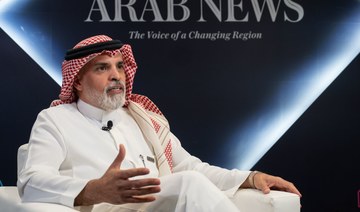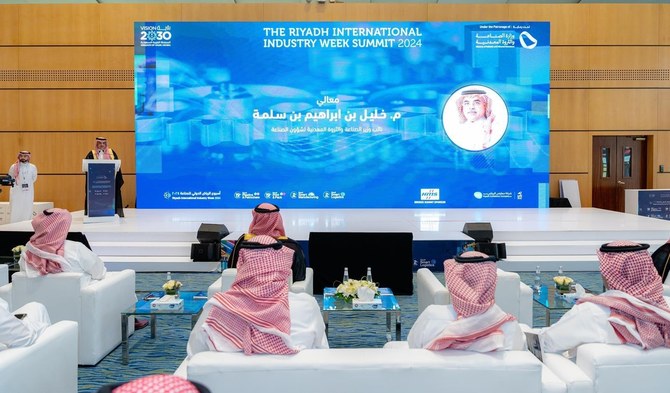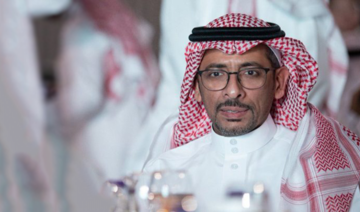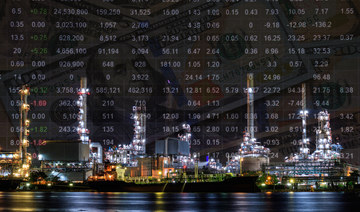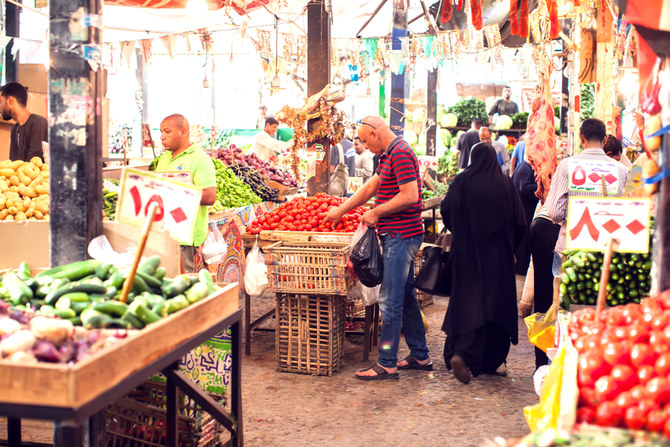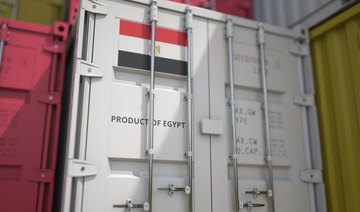RIYADH: Saudi Arabia’s plan to invest $100 billion in technology is propelling the Kingdom to the forefront of innovation and talent development worldwide, said a senior Microsoft Arabia executive.
In February, the Kingdom launched Alat, a technology and artificial intelligence firm backed by the Public Investment Fund, with the aim of pouring funds into Saudi Arabia’s technological sector.
In an interview with Arab News, Turki Badhris, president of Microsoft Arabia, elaborated on how the Kingdom’s numerous giga-projects and initiatives are harnessing the transformative power of AI.
“Saudi Arabia is playing, I’m not going to say a regional, but a global role when it comes to leading in AI vision,” he said, later adding: “That illustrates the forward-thinking of the Kingdom, leadership, not only to position Saudi Arabia as a regional hub for AI, but also as a global hub for innovation and talent.”
Badhris also emphasized that the establishment of a global AI center for Arabic demonstrates the Kingdom’s commitment to promoting the regional language and fostering innovation internationally.
This aligns with Microsoft’s mission to empower individuals and organizations in Saudi Arabia, contributing to unlocking the Kingdom’s full potential in the field of AI and technology.
“The recent investment by Microsoft in cloud and AI will contribute to and catalyze the next phase of growth of the ICT market in Saudi Arabia. Our recent announcement on Feb. 23 of bringing Microsoft Cloud Data Center to Saudi will accelerate and diversify the growth of the economy of Saudi Arabia,” he told Arab News.
Underscoring Microsoft’s commitment to the Kingdom, Badhris stated that the convergence of cloud and AI technologies will have a significant impact on accelerating Saudi Arabia’s gross domestic product growth.
Furthermore, he forecasted that by 2024, there will be a notable increase in the number of businesses transitioning to cloud computing.
“That is a great step in transforming their business, and then the next step will be definitely leveraging AI and to many of their business models and workloads,” Badhris continued.
He added: “We are working closely with the Ministry of Communication and Technology to make sure that we have a smooth, accelerated landing of our data center in Saudi Arabia.”
Additionally, Badhris emphasized the significant impact that AI and cloud technologies will have on various industries. Microsoft is dedicated to unleashing the potential of these technologies across all sectors in Saudi Arabia.
The company is undergoing a transformation to become an AI-driven organization, embedding AI capabilities into its products at every level.
“We have a cloud specialized for healthcare, the same for education, logistics, sustainability, and other sectors. We also have a big ecosystem of partners who are building their IP solutions and bringing them to Microsoft Azure,” Badhris stated.
He continued: “As just a matter of fact, we just rolled out last week the support of our copilot, M365, with an additional 16 languages and one of them Arabic, and that is showing the commitment of Microsoft to localization to the Arab countries.”
Badhris emphasized that Microsoft collaborates with organizations across diverse sectors, encompassing both public and private domains, and of all sizes, spanning from startups to large enterprises.
“We are working with startups and SMEs because we believe that the majority of the economic impact is coming from startups and SMEs. For example, we collaborated lately with the Ministry of Investment, MISA, in a big initiative called Alliance to Innovate,” he said.
The executive emphasized that despite the progress made in Saudi Arabia, there is still much more potential to be unlocked, stating that “this is just the start.”
He said: “I still believe that we are scratching the surface in Saudi Arabia. Technology is evolving at a very fast pace, and definitely we really need to be up to the speed of this evolution and bring the best from around the world to Saudi Arabia.”




